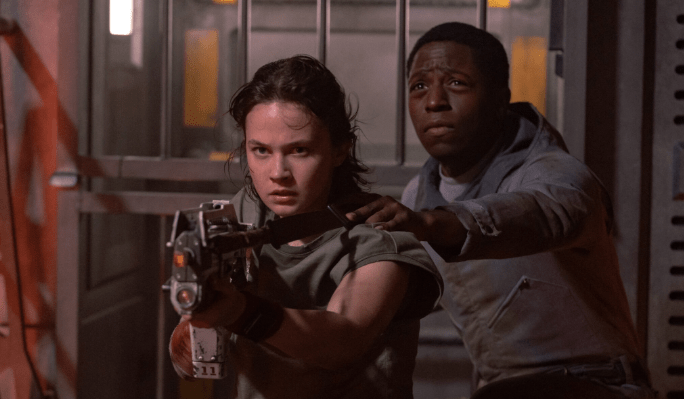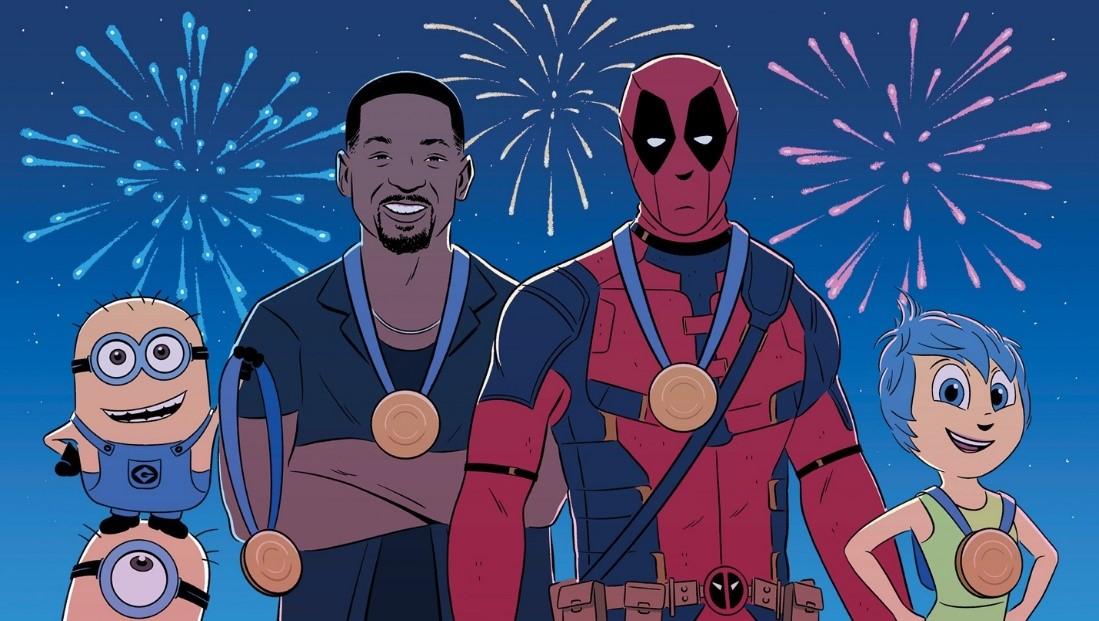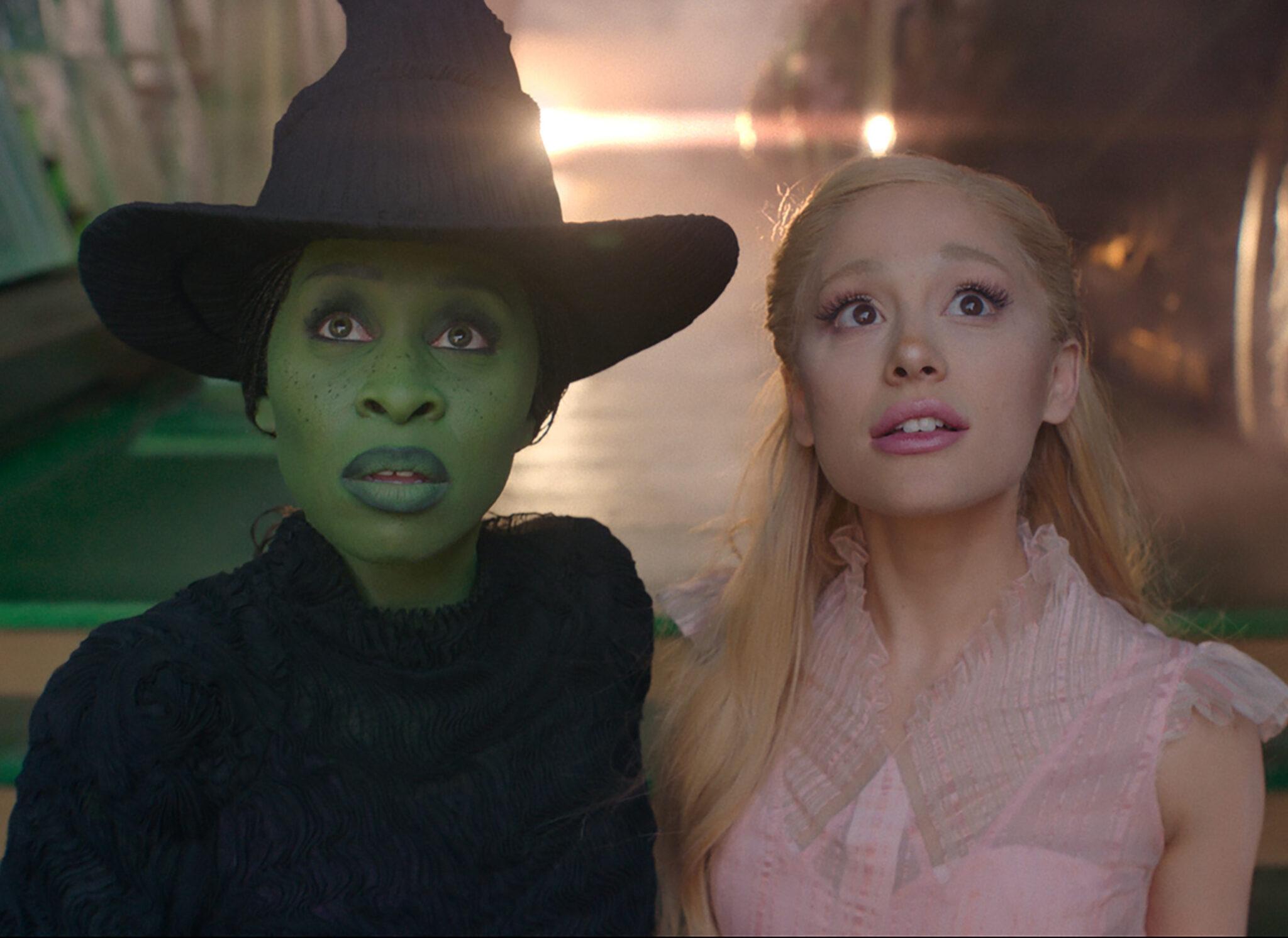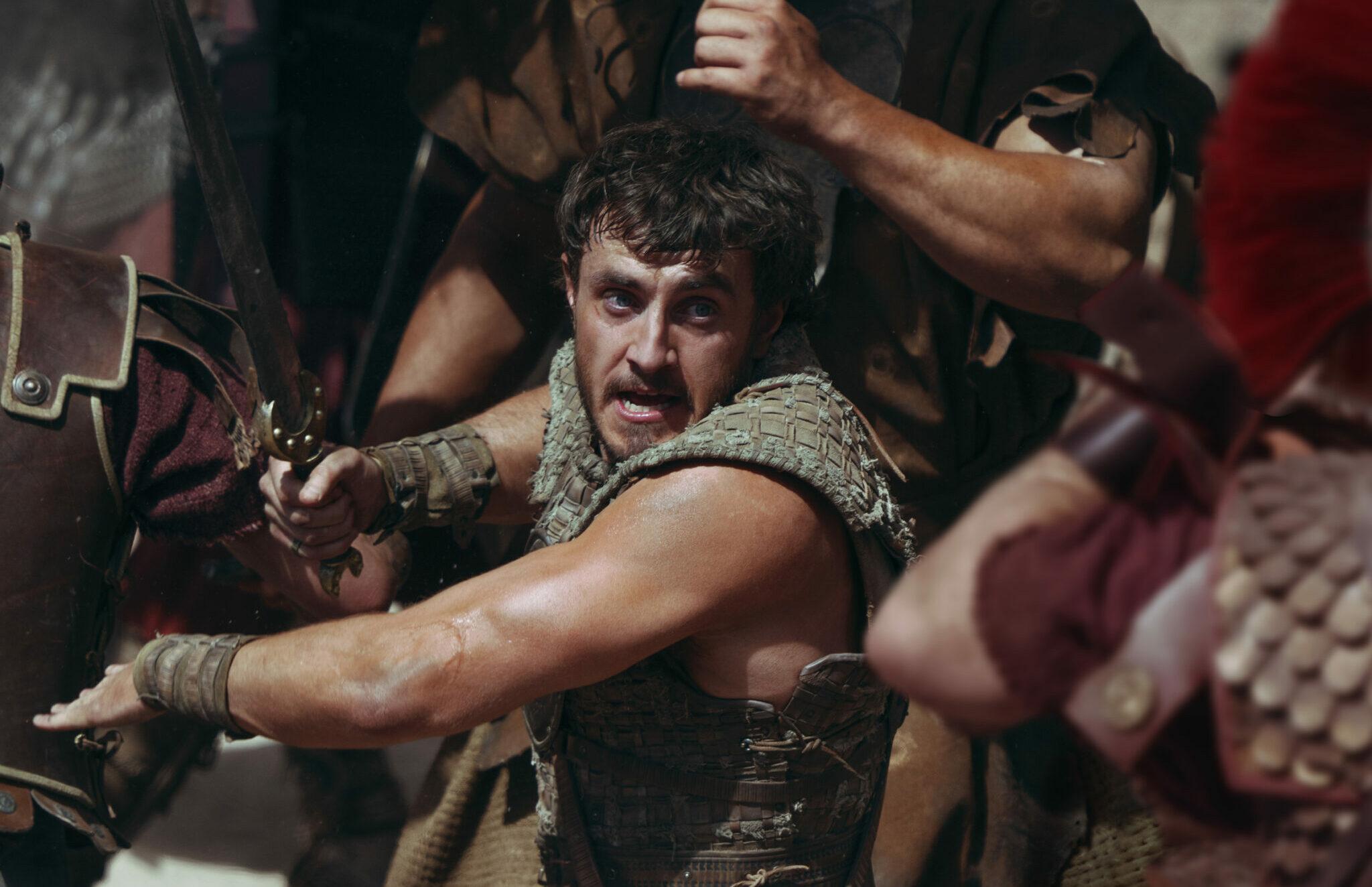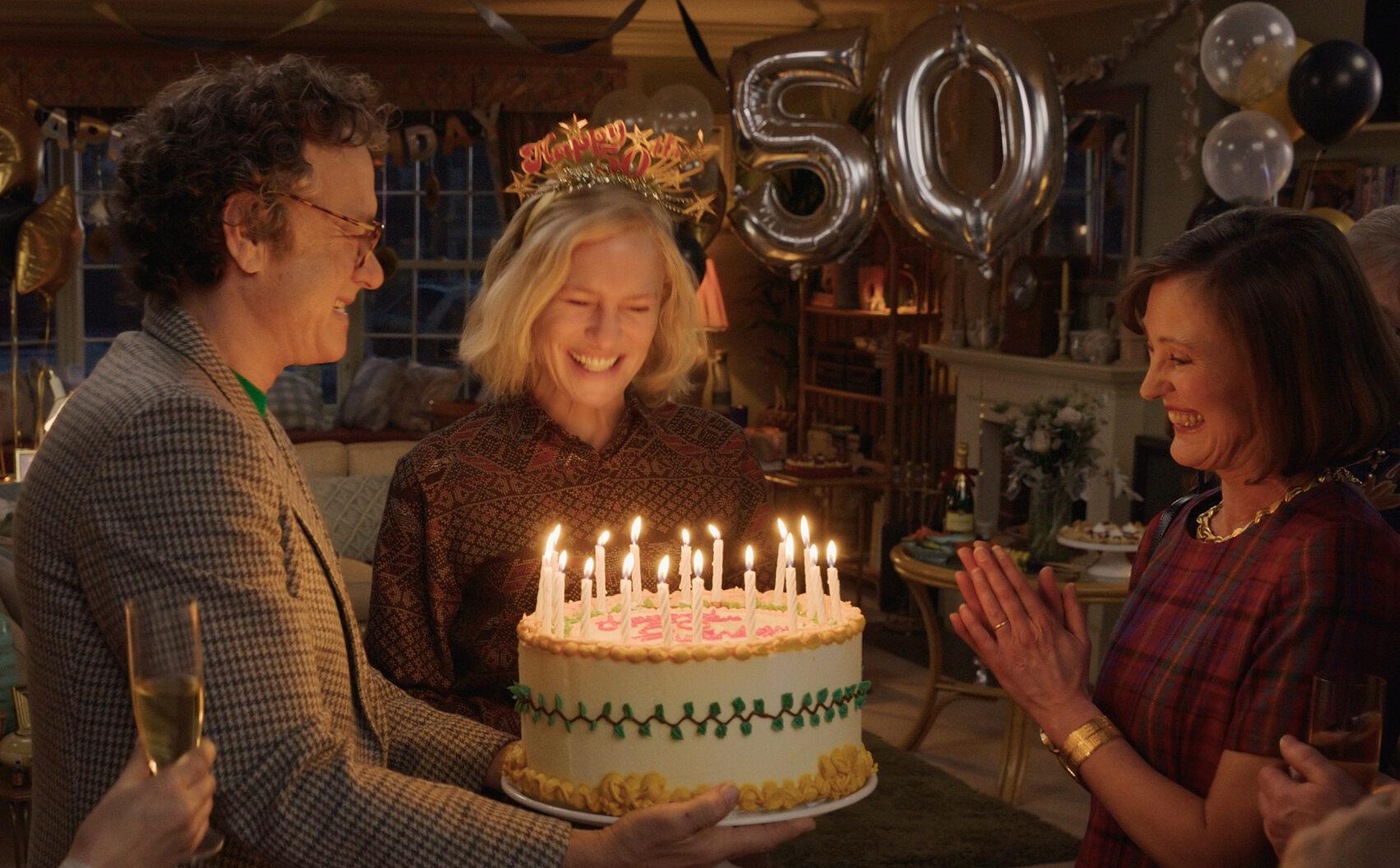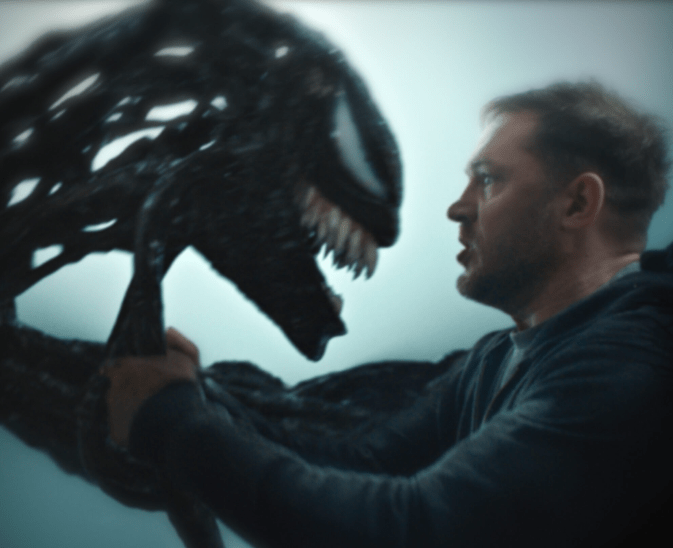VERDICT: Fede Alvarez returns to the well of the original 1979 Ridley Scott hit while adding a few space screams of his own.
Fede Alvarez is turning into the Goldilocks of Gore. His 2013 remake/reboot of Evil Dead hit the sequel sweet spot, recalling the creepy, outrageous highlights of Sam Raimi’s low-budget 1981 cult hit while adding new terrifying touches, and now he’s delivered a “just right” Alien: Romulus, cannily returning the franchise to its 1979 roots, retuning its fearful atmospherics.
Original Alien director Ridley Scott is in the producer’s chair, and the narrative of Alien: Romulus chronologically falls between the first movie and 1986’s Aliens — the title could have been While Ripley Was Sleeping — returning the franchise to Scott’s milieu of doomed industrial hardware lost in the stars. “Analog” seems to be a watchword here, from the memory diskette that boots up the android “synthetics” to the pre-digital fuzziness of the names appearing on-screen in the opening credits.
Nostalgic continuity is in effect as Alvarez returns to lines of dialogue, plot points, and even characters from Alien while exploring the potential of the xenomorphs (H.R. Giger’s monsters are still terrifying after all these years) and the results of tinkering with their DNA. The results are mostly effective, with shock moments (both new ones and retreads) that pop, even as the overall tension ebbs and flows more than it should.
And yes, bringing back one of the original Alien characters means the practice of digitally reanimating an actor from the first film, an unfortunate habit that science-fiction franchises seem determined to uphold, even as it deprives living, contemporary thespians of employment opportunities and drives audiences deep into the uncanny valley.
Two current performers making the most of their creature-feature moment are Cailee Spaeny (Priscilla) and David Jonsson (Rye Lane): Rain (Spaeny) is an orphan stuck on a Wayland-Yutani Corporation mining planet where the sun never shines; her only family is the damaged but fiercely loyal synthetic Andy (Jonsson), programmed by Rain’s late father to look after her.
When Rain is once again passed over for a transfer to a less bleak planet, she signs on for a scheme hatched by her boyfriend Tyler (Archie Renaux, Catherine Called Birdy): they’ll hijack a decommissioned Wayland-Yutani spacecraft currently floating in orbit and use its cryogenic sleep chambers to take the nine-year voyage to their new home. Joining them will be pilot Navarro (Aileen Wu) and siblings Kay (Isabela Merced) and Bjorn (Spike Fearn, Aftersun).
Upon arrival at the craft, the passengers learn that it’s an entire space station made up of two halves, Romulus and Remus. They also discover that this vessel received the xenomorph egg that a drone ship rescued from the wreckage of the Nostromo (the boat from the original movie).
Those aliens have once again run amok, with Rain and her friends the new items on the menu, and the official Wayland-Yutani stance still prioritizing xenomorph research over human life. The blisteringly anti-corporate streak, begun in Alien, still burns bright 45 years later.
Meanwhile, the memory above the diskette for synthetics allows Andy to experience a robotic Flowers for Algernon arc throughout Alien: Romulus. His troubles — and a truly terrifying new creature that emerges late in the story — expand the various storylines from the first film, but otherwise Alvarez reverently follows Ridley Scott’s original playbook as closely as possible.
Spaeny steps into Sigourney Weaver’s Reeboks, bringing a different type of physicality to her transformation from faceless Weyland-Yutani employee to monster-killing warrior. The rest of the ensemble isn’t given much to do except to become xenomorph lunch; Merced has displayed comic chops in films like Father of the Bride and Let It Snow, but here she’s mostly called upon to scream and scream again. (Big chunks of Renaux’s dialogue sound unintelligible, but that could be a flaw of the sound mix rather than the actor.)
Over the decades, the Alien franchise has proven itself to be a flexible one, from a mélange of auteurs (James Cameron, David Fincher, Jean-Pierre Jeunet) attempting to reshape it in their images to the utter idiocy of the Predator cross-overs. After attempting to dig into the series’ backstory with Prometheus and Alien: Covenant, Ridley Scott seems content to let this saga return to its haunted-house-in-space roots, and Alien: Romulus generally fulfills that premise.
The slime and the shadows and the silences are back. Horror DNA is honored rather than pointlessly duplicated. This time, at least, IP familiarity breeds contentment.

